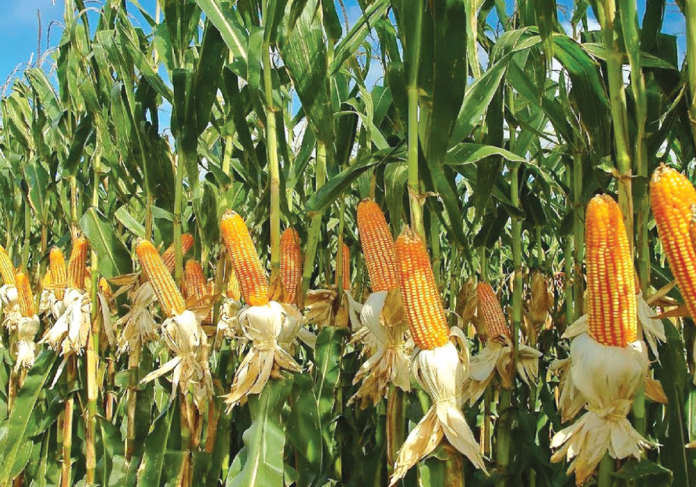Wet (or rainy) season farming is usually when a large percentage of foods produced in Nigeria are planted, from maize to cassava, potatoes and others. However, the 2023 planting season may yield one of the poorest in recent years due to high fertiliser prices.
According to a Daily Trust report, a 50kg bag of fertiliser now sells for between â¦24,000 and â¦â30,000. For comparison, the price was about â¦17,000 in 2022 and â¦8,000 in 2021. At a price hike of over 200%, farmers are finding it difficult to purchase the quantity of fertiliser their crops require.
Reacting to the price increase, some farmers are deciding to limit the portion of land that they cultivate. Since 4 to 8 bags are required for an hectare to yield its maximum, farmers are deciding to focus their efforts instead of spreading them thin. Meanwhile, others are shifting their focus away from grains to other crops that do not require much fertiliser inputs.
Farmers are also considering using manure in place of fertilisers. However, it is no brainer that it will be less effective because the nutrients are diluted, they could introduce weed, and so on.
Why is fertiliser so expensive in Nigeria?
With the National Fertiliser Quality Control Act 2019, Nigerian farmers were buying a 50kg bag of fertiliser for â¦5,000 and â¦5,500. However, the Presidential Fertiliser Initiative (PFI), responsible for the change collapsed in 2021 after the Nigeria Sovereign Investment Authority (NSIA) stopped providing the subsidy. Before long, prices skyrocketed, and here we are today.
To calm farmers, Ishaku Buba, the Director of Fertiliser and Input Supply at the Federal Ministry of Agriculture and Rural Development, said that prices of fertiliser will come down to about â¦14,000 or â¦15,000 before the farming season commences fully.
Although he confirmed that the government is no longer involved in procuring fertiliser, he said it can still intervene by providing palliative measures in cases of disaster, crisis or emergency.
Nigerians’ reliance on grain-based food for nutrition could mean that more of the needs would be satisfied by imports. Apart from direct nutrition, grains also constitute the bulk of poultry feed and shortages could have a heavy effect on the industry, which is another major food source.
The bottom-line here is that Nigerians should brace for even more hike in the price of food if nothing is done soon.



